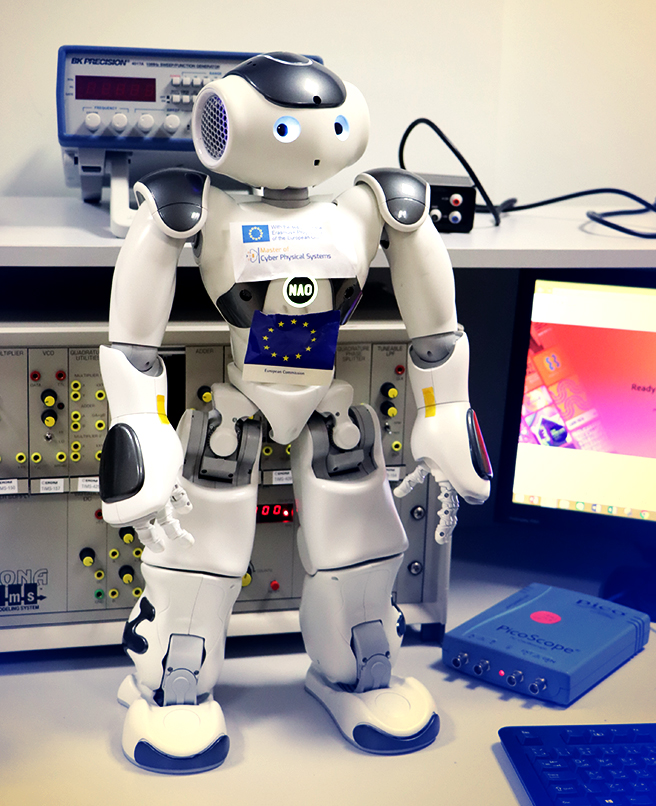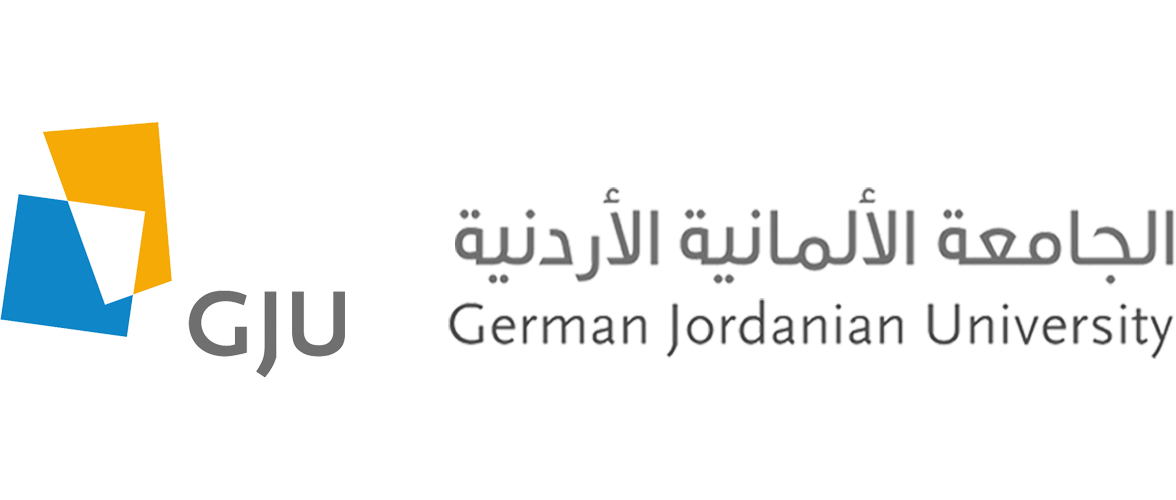About the M.Sc. in Computer Engineering Program
The department of Computer Engineering at the SEEIT offers a unique and powerful Master of Science (M.Sc.) Program in Computer Engineering whose successful completion opens the doors for students to rewarding professional careers, postgraduate studies, and lifelong learning.
Computer Engineering (CE) combines the knowledge, skills, and discoveries in electrical engineering and computer science to build real-life computer systems. It covers several technology fields including computer hardware, software engineering and development, electronics, digital systems, telecommunication and network systems, multimedia, image and signal processing, artificial intelligence, machine learning, computer vision, robotics, enterprise systems, and software-hardware integration.
Computer engineers play a key role in almost all industries, such as telecommunication, banking and financial services, software development, government and city services, aerospace industry, health care, education, and manufacturing. The advent of computers has facilitated a systems approach to solving many problems in science, business, and industry.
Program Specialization Tracks
The Master program offers two specialization tracks: Artificial Intelligence track, and Cyber Physical Systems track, in addition to the General track. In all these specialization tracks, students have the option to select between a Master of Science degree (Courses and Thesis, subject to faculty’s availability) or a Master of Engineering degree (Courses and a Comprehensive Exam)
Artificial Intelligence
The curriculum provides students with extensive knowledge and training in the theoretical and practical aspects of Artificial Intelligence, with courses specifically selected and designed to follow the latest trends and applications of Artificial Intelligence and Machine Learning in fields related to:
- Image and Video Processing
- Healthcare
- E-Business
- Internet of Things (IoT)
- And much more
More information about this track can be found from here.
Cyber Physical Systems
Manifesting the combination of Machine Learning, Internet of Things, and Embedded Systems, this track offers the student with the opportunity to converge these areas into a workable system. The curriculum provides students with extensive knowledge in various topics required for the deployment of Cyber Physical Systems such as embedded systems, advanced communication networks, entrepreneurship, safety and security, AI, and human machine systems.
More information about this track can be found from here.
Program Features
International Dimension
The program offers students the opportunity to spend a semester (if they prefer) through student exchange programs at one of the school’s partner universities in Germany, which includes 120 universities. This opportunity can be beneficial for students who wish to continue their PhD study in the future.
Moreover, the establishment of the CPS track is a collaborative effort among EU and MENA countries, including Germany, Sweden, UK, Tunisia, and Palestine.
Available Scholarships
Through the Deanship of Graduate Studies, Teaching and Research Assistant scholarships are available for Excellent students. These scholarships can cover up to 100% of the tuition fees, in addition to a monthly award.
Research Areas
The faculty members of the CE department delve into different research areas, following up on the latest trends in research and industry. Some of these areas are:
- Software design and architecture, enterprise systems, application security, e-learning tools, and Big Data.
- Medical image and signal processing, computer-aided diagnosis systems, and parallel computing.
- Semantic Video Analysis: Human activity and emotion analysis, Elderly Fall Analysis, Human-Human Interaction, Human-Robot Interaction, and Brain Computer Interfaces (BCIs).
- Embedded Systems, Dependable Systems, Computer Architecture, Internet of Things, and Communication Hardware.
- IoT, Wireless Sensor Networks, Design of Online Algorithms, Network Optimization, and Energy Harvesting.
More information regarding the faculty members can be found from here.
Laboratories


